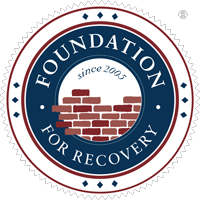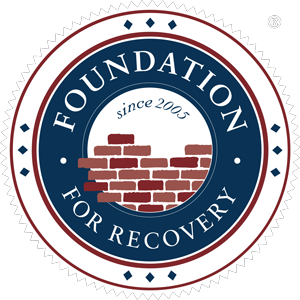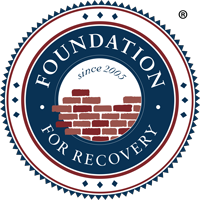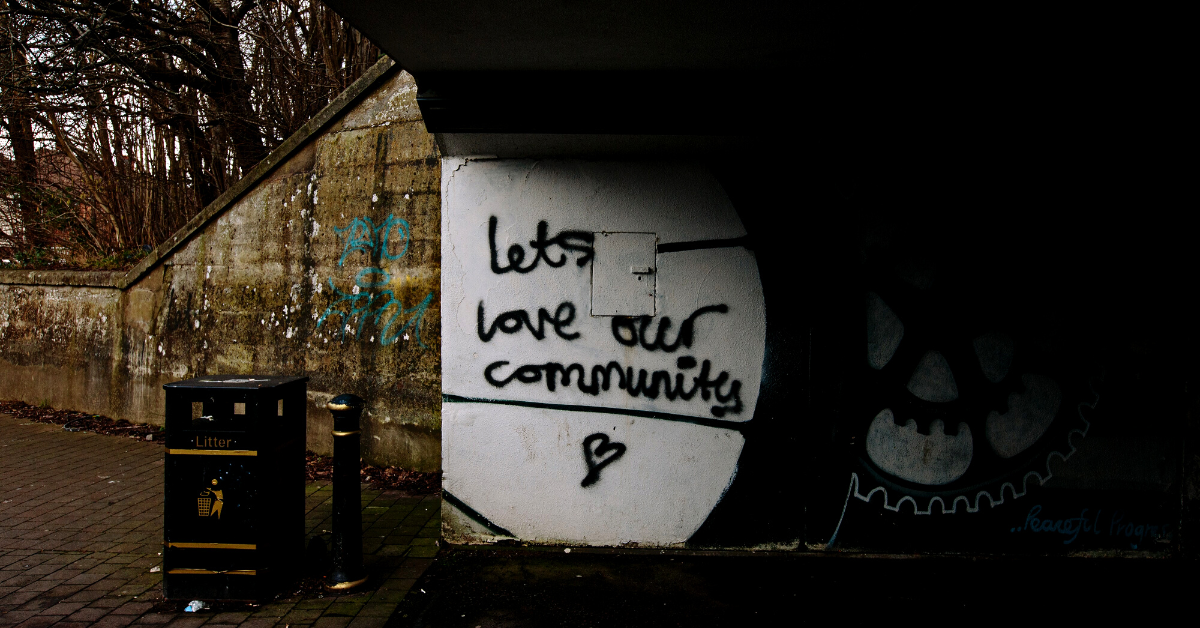The Departments of Labor, Health and Human Services, and the Treasury announce rules to better enforce the 2008 Mental Health Parity and Addiction Equity Act, supporting insurance coverage for behavioral health services.
The Mental Health Parity and Addiction Equity Act (MHPAEA) is a U.S. federal law that was enacted in 2008 as an amendment to the Employee Retirement Income Security Act (ERISA), the Public Health Service Act (PHSA), and the Internal Revenue Code. The primary goal of this act is to ensure that health insurance plans provide equal coverage for mental health and substance use disorder (SUD) benefits compared to medical and surgical benefits.
Before the MHPAEA, health insurance plans often provided less favorable coverage for mental health and addiction treatment compared to other medical services. This disparity meant that individuals seeking mental health or treatment for substance use could face higher out-of-pocket costs, stricter limitations on the number of visits, and other restrictive practices, making it difficult for them to access necessary care.
The new rules will require insurers to provide an analysis of their policies and evaluate their provider network, prior authorization requirements, and treatment limitations for behavioral health care, among other specifications.
When you go to a doctor for physical health issues or injuries, you’re provided treatment but data has illustrated a gap in accessing care and coverage for behavioral health care. Over half (56%) of adults with a mental illness receive no treatment.1 And 94% of people aged 12 or older with a substance use disorder do not receive any treatment.2
Read the full press release from HHS here.
To learn more about mental health parity and access to resources, visit parityregistry.org



